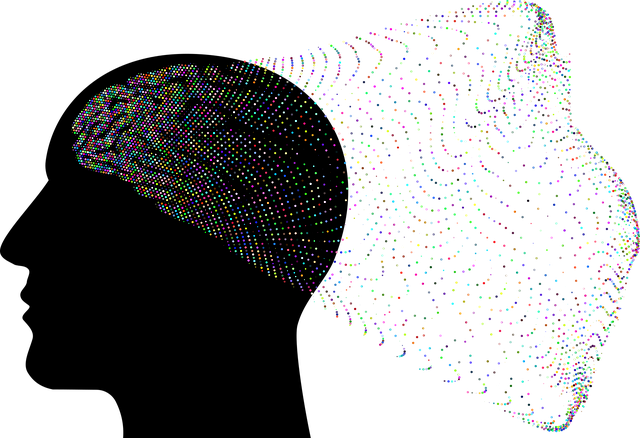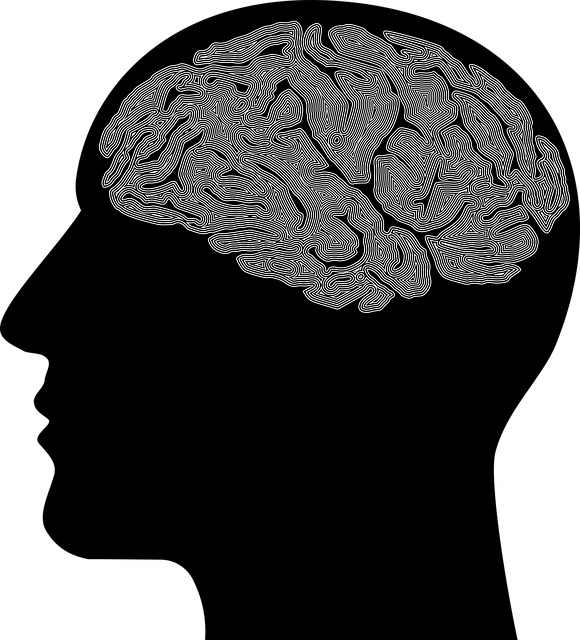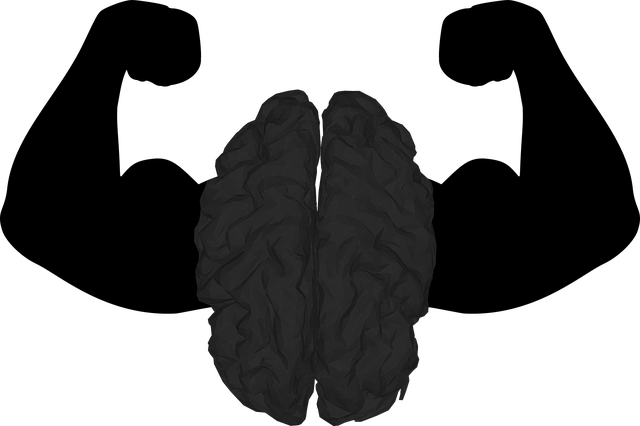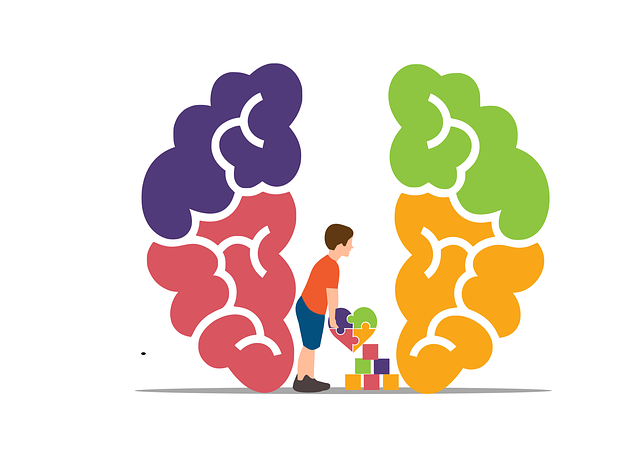Parker Functional Neurological Disorder (PFND) Therapy is a revolutionary mental health care approach that targets the mind-body connection, offering a holistic solution for individuals with neurological disorders or cognitive impairments. This method combines psychological techniques like Social Skills Training and Stress Management to improve patients' well-being while supporting healthcare professionals in high-stress roles. Assessments using clinical interviews, questionnaires, and standardized measures guide personalized mental wellness programs that integrate practices such as Mindfulness Meditation. The Parker Functional Neurological Disorder Therapy (PFNDT) is a prominent tool for identifying and addressing neurological issues contributing to mental health disorders, combining quantitative data with client feedback for optimal outcomes. While traditional assessment tools have advantages and drawbacks, integrating public awareness campaigns and mental wellness coaching programs can enhance their effectiveness. A dual approach that blends subjective and objective measures provides a comprehensive evaluation of mental wellness programs, allowing for targeted adjustments like empathy-building strategies and stress management workshops.
Mental wellness programs are increasingly vital in addressing various psychological conditions. This article explores evaluation methods, a crucial aspect for measuring program effectiveness and improvement. We delve into the intricacies of Parker Functional Neurological Disorder Therapy (PFNDT), a comprehensive approach, and its role in assessment. Understanding how to evaluate these programs is essential for professionals, as it combines subjective and objective measures to accurately gauge progress. This analysis covers popular methods and the strengths and limitations of traditional tools.
- Understanding Parker Functional Neurological Disorder Therapy: A Comprehensive Overview
- The Role of Assessment in Mental Wellness Programs
- Popular Evaluation Methods for Measuring Program Effectiveness
- Strengths and Limitations of Traditional Assessment Tools
- Integrating Subjective and Objective Measures for Accurate Evaluation
Understanding Parker Functional Neurological Disorder Therapy: A Comprehensive Overview

Parker Functional Neurological Disorder (PFND) Therapy is a unique and comprehensive approach to addressing mental health challenges, particularly focusing on individuals with neurological disorders or those experiencing cognitive impairments. This therapy method was developed by Dr. Parker, who identified that many traditional treatments often overlooked the intricate connection between brain function and overall well-being. PFND aims to revolutionize mental wellness programs by targeting both the mind and body, believing that these aspects are intricately linked.
The core principle of PFND Therapy involves understanding the neurological underpinnings of various psychological disorders. It incorporates a range of techniques such as Social Skills Training, which helps individuals develop healthier interpersonal interactions, and Stress Management strategies tailored to reduce anxiety and depression. By combining physiological and psychological interventions, this therapy aims to prevent burnout among healthcare providers who often deal with high-stress situations. Through PFND, patients can learn effective coping mechanisms, enhance their problem-solving abilities, and ultimately improve their overall mental wellness.
The Role of Assessment in Mental Wellness Programs

The initial step in evaluating any mental wellness program is a comprehensive assessment, which serves as a foundational stone for tailoring interventions to individual needs. This process involves gathering detailed information about an individual’s psychological and physiological state, including their history, current challenges, and coping mechanisms. By employing tools such as clinical interviews, questionnaires, and standardized measures, professionals can gain insights into various aspects of mental wellness, like mood management, anxiety levels, and the presence of underlying conditions like Parker Functional Neurological Disorder Therapy (PFNT).
Assessments also facilitate risk management planning for mental health professionals, enabling them to anticipate potential triggers or exacerbating factors. Incorporating practices such as Mindfulness Meditation can enhance these evaluations by providing a window into an individual’s ability to regulate emotions and cope with stress, thereby influencing the design of personalized treatment plans. This strategic approach ensures that interventions are not only effective but also aligned with the unique journey towards optimal mental wellness.
Popular Evaluation Methods for Measuring Program Effectiveness

When evaluating the effectiveness of mental wellness programs, several popular methods have emerged as reliable tools to assess progress and impact. One such widely used approach is the Parker Functional Neurological Disorder Therapy (PFNDT), which focuses on identifying and addressing underlying neurological issues contributing to mental health disorders. This therapy utilizes a multi-faceted evaluation process involving psychological assessments, neuroimaging techniques, and self-report measures to gauge improvements in symptoms and overall functioning.
Additionally, programs often incorporate strategies such as Self-Care Routine Development for Better Mental Health, Empathy Building Strategies, and Compassion Cultivation Practices to foster positive changes. These methods not only measure the direct outcomes of interventions but also promote a holistic understanding of mental wellness by encouraging self-awareness, emotional regulation, and enhanced social connections. By combining quantitative data from assessments with qualitative insights through client feedback, evaluation becomes more comprehensive, allowing for informed adjustments to program design and delivery.
Strengths and Limitations of Traditional Assessment Tools

Traditional assessment tools, while widely used in mental wellness programs, have both strengths and limitations. One of their key advantages is their standardized nature, allowing for consistent evaluation across different settings and populations. These tools often employ structured interviews or questionnaires designed to capture detailed information about an individual’s symptoms, functioning, and overall mental health status. This data provides a comprehensive overview, aiding professionals in making informed decisions regarding treatment plans.
However, these tools also present several limitations. They may not always capture the nuances of complex psychological conditions, especially those with subtle manifestations like the Parker Functional Neurological Disorder Therapy focuses on. Traditional assessments might struggle to assess resilience-building aspects crucial for mental wellness, which often involve subjective experiences and personal interpretations. Moreover, they typically rely on retrospective reporting, which can be influenced by memory bias or individual perception, potentially leading to inaccurate evaluations. To address these challenges, the development of Public Awareness Campaigns and Mental Wellness Coaching Programs is essential to supplement traditional methods, ensuring a more holistic understanding of mental wellness.
Integrating Subjective and Objective Measures for Accurate Evaluation

Evaluating mental wellness programs requires a balanced approach that integrates both subjective and objective measures. Subjective measures, such as participant self-reports and surveys, offer valuable insights into their experiences and perceptions of the program’s effectiveness. These can highlight improvements in areas like mood management, stress reduction, and overall well-being, providing qualitative data that matters to individuals directly involved.
Objective measures, on the other hand, include assessments conducted by professionals using validated tools, such as those employed in Parker Functional Neurological Disorder Therapy. These measures track specific behavioral changes, cognitive functions, or physiological markers associated with mental health improvements. Combining both subjective and objective data gives a more comprehensive picture, enhancing evaluation accuracy. Additionally, this integrated approach can help identify areas for improvement within the program, ensuring it effectively supports participants’ journeys towards better mental wellness, including effective empathy-building strategies and stress management workshops organized by the organization.
Evaluating mental wellness programs is crucial using a multifaceted approach, especially with methods like Parker Functional Neurological Disorder Therapy. By combining subjective and objective measures, we can accurately assess program effectiveness. Traditional tools have strengths but also limitations, making it essential to integrate diverse evaluation methods. This comprehensive overview highlights the importance of assessment in mental wellness initiatives, ensuring tailored interventions for improved outcomes.














